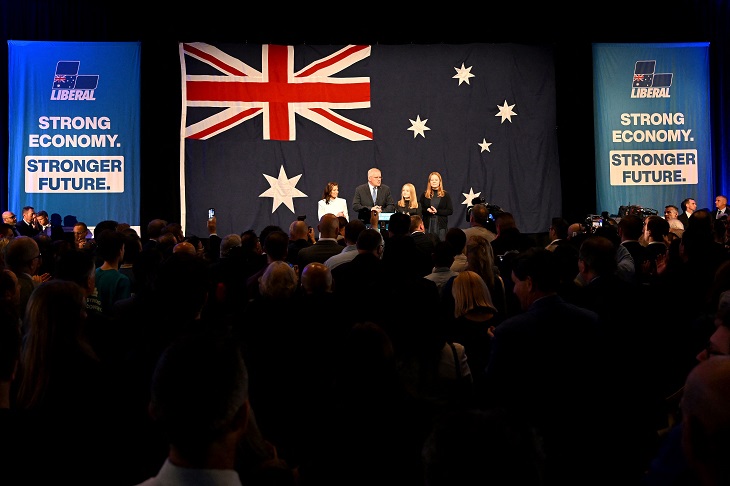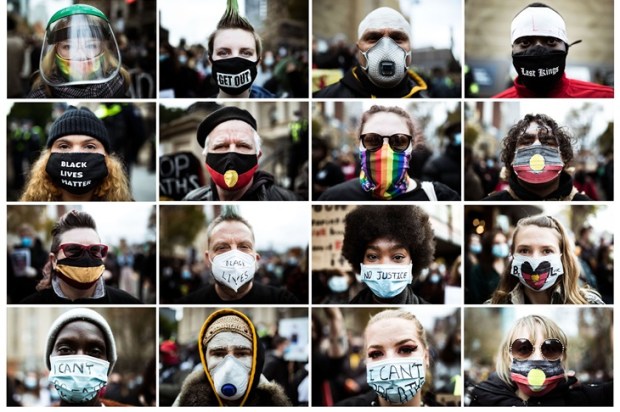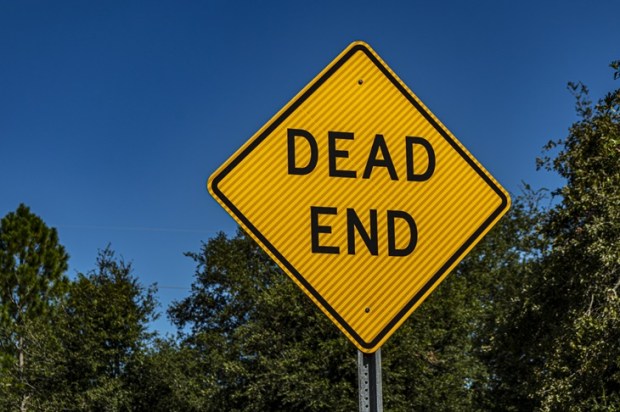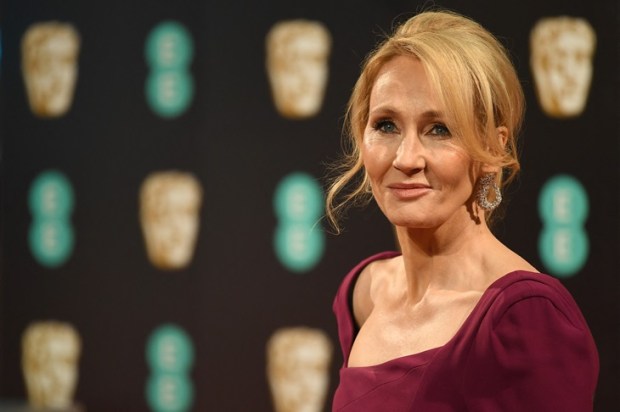In response to the federal election and to paraphrase Mark Twain, the death of centre-right parties, including the Liberal Party, is much exaggerated.
The Australian’s Paul Kelly’s pompous claims the Australian electorate is facing the ‘great realignment’ and the ‘decapitation of the liberals in their heartland’ plus describing Anthony Albanese as the ‘realignment Prime Minister’, while colourful, are far from the truth.
Richard Flanagan’s article in The Age, in addition to being characterised by bitterness, also misses the mark in claiming the arrival of an ALP government heralds the end of conservatism and the triumph of progressive, Woke ideology.
Much of the commentary in response to the election is also misplaced and dangerous when suggesting the sole aim of political parties is to get the numbers to win government. Instead of developing policy based on what best serves the common good, Dave Sharma in The Age suggests if parties are to win government they need to ‘ensure their values keep in step with the electorate’.
While it’s true Edmund Burke may have retained his seat if he accepted Sharma’s advice, it’s also true the primary duty of a Member of Parliament is to act according to his or her conscience and not the demands of the electorate. Burke writes in his speech to the electors of Bristol:
‘Parliament is not a congress of ambassadors from different and hostile interests; which interests each must maintain, as an agent and advocate, against other agents and advocates; but parliament is a deliberative assembly of one nation, with one interest, that of the whole; where, not local purposes, not local prejudices, ought to guide, but the general good, resulting from the general reason of the whole.’
Burke’s view is politicians must act according to their conscience and what is best for the nation as opposed to a Machiavellian view of politics where gaining and retaining power is the sole objective. Such a belief explains why the Liberal Party allows parliamentarians a conscience vote.
While there’s no doubt the Liberal Party suffered a heavy loss to the Teal faux-Independents, as argued by Peta Credlin, it’s also true the ALP suffered a significant decline in its primary vote. Based on the election result, only a third of Australians voted for Albanese as their first choice as Prime Minister.
Credlin also notes while left-of-centre parties won 47.9 per cent of first preferences, the equivalent figure for centre-right parties was also 47.9 per cent. Talk of a progressive, Woke landslide ignores the reality so many voters preferred the more conservative alternative.
As political history tells us politics is dynamic and as societies evolve and change old parties either disappear or reshaped and new parties arise. Sir Robert Menzies, after serving as Prime Minister for the United Australia Party, founded the Liberal Party in 1944. In 1955, the ALP split with the newly established DLP ensuring Menzies became Australia’s longest-serving Prime Minister.
Donald Chip in 1977 became leader of the Australian Democrats. More recently, the Greens Party and now the Teal faux-Independents have arisen as a political force. In many ways, the most recent election result is simply a playing out of the cultural changes impacting Australian society and the fact political parties too often become ossified and dominated by apparatchiks and power seekers.
While many of the LINO Members of Parliament who lost their seats argue the way ahead is for the Liberal Party to out-Woke-the-Woke, the greatest danger facing centre-right parties, especially the Liberal Party, is to try and mimic the policies of the LGT alliance (Labor, Greens, Teals). Trying to regain seats like Kooyong where Millennials indoctrinated with Woke alarmism, radical feminist, and gender ideology are living in increasing numbders is pointless.
As argued by Peter Dutton, the new leader of the Liberal opposition, far better to appeal to voters in suburban and rural Australia where the LGT parties either do not exist or are most vulnerable. Central to this will be engaging and motivating voters by developing a coherent, carefully thought through, and persuasive case for change.
A narrative grounded in firmly held ideas and beliefs that embody what is best for the nation and future generations. A government that is fiscally responsible and less intrusive, where small businesses and communities are supported and that acknowledges the institutions and way of life that underpin what makes Australia unique in an increasingly dangerous world.
A government committed to the liberties and freedoms too long taken for granted and prepared to defend the nation’s sovereignty against the global push to dominate and control evidenced by the Great Reset, the IPCC’s climate alarmism, and global behemoths including Facebook, Google, Instagram, and Twitter.
Dr Kevin Donnelly is a senior fellow at the ACU’s PM Glynn Institute.
Got something to add? Join the discussion and comment below.
Get 10 issues for just $10
Subscribe to The Spectator Australia today for the next 10 magazine issues, plus full online access, for just $10.


























Comments
Don't miss out
Join the conversation with other Spectator Australia readers. Subscribe to leave a comment.
SUBSCRIBEAlready a subscriber? Log in